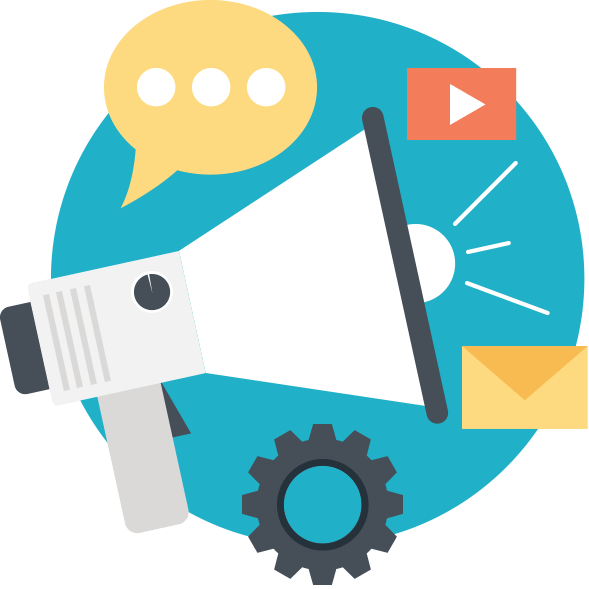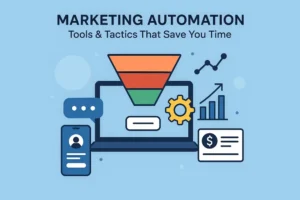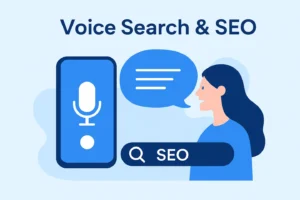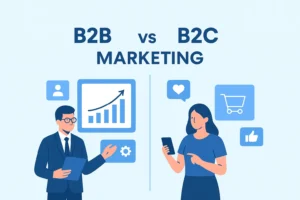Introduction
The foundation of a successful website is on-page SEO. It plays a crucial role in how search engines interpret and rank your website in search results. At Kiwi Web Solutions, we are passionate about helping businesses maximize their online visibility through effective on-page SEO. The finest methods for optimizing your website utilizing on-page SEO techniques will be covered in this piece.
Table of Contents
ToggleKeyword Optimization
Keywords are fundamental to on-page SEO. Research and select relevant keywords that your target audience is using to find your services or products. Once identified, incorporate these keywords in your title tags, meta descriptions, headers, and content. However, avoid keyword stuffing as this can harm your SEO.

Schedule a Consultation Now
Meta Tags
Meta tags provide search engines with information about your webpage. The title tag is the title of your page that appears in search results, and it should include your primary keyword. The meta description is a brief summary of your page content, which should be compelling and also include relevant keywords.
Header Tags
Headers (H1, H2, H3, etc.) organize your content and simplify page navigation for users. Your H1 tag should include your main keyword and accurately represent your page content. Subsequent headers can include related keywords and provide a clear hierarchy for your content.
URL Structure
Optimize your URLs to be SEO-friendly. This involves making them concise, easy to read, and including your primary keyword. A clean URL structure helps search engines understand what your page is about and improves user experience.
Alt Text for Images
Search engines cannot interpret images the way humans do. Adding alt text to your images helps search engines understand what the image is about. Incorporate relevant keywords in your alt text, but ensure it accurately describes the image.
Internal and External Linking
Linking is a powerful on-page SEO strategy. Internal links guide users to other pages on your website, improving navigation and distributing link equity. External links to high-quality, relevant sources can boost your credibility and provide additional resources for your audience.
Mobile-Friendly Design
With the majority of searches happening on mobile devices, a mobile-friendly design is crucial for on-page SEO. Ensure your website adapts to different screen sizes and loads quickly on mobile devices to enhance user experience and SEO.
Fast Loading Speed
Page speed significantly impacts user experience and SEO. Slow-loading pages can increase bounce rates and harm your search rankings. Optimize your website speed by compressing images, minifying code, and leveraging browser caching.
Optimize for Featured Snippets
Featured snippets appear at the top of Google search results and provide quick answers to searchers’ queries. Optimizing for these can significantly increase your visibility. Structure your content with clear headings and provide concise answers to commonly asked questions in your field.
User-Friendly Navigation
Ensure your website is easy to navigate. It is simpler for customers to discover the information they want and for search engines to comprehend the structure of your website when the navigation is well-organized and logical. Use clear, descriptive labels for your menus and avoid complicated navigation patterns.
Fresh and Updated Content
Regularly updating your content keeps it relevant and shows search engines that your website is well-maintained. Updating can mean adding new blog posts, revising existing content based on current information, or adding new sections to your site.
Rich and Engaging Content
Content quality is crucial for on-page SEO. Write rich, engaging content that provides value to your readers. To engage diverse user types and improve your on-page SEO, utilize a variety of content forms, such as text, photos, videos, infographics, and podcasts.
Use of Schema Markup
Schema markup, or structured data, is a powerful SEO tool that helps search engines understand your content better.It may be used to share more details about your company, customer feedback, your products, and more. This can enhance your visibility on SERPs with rich snippets.
Social Media Integration
While social signals are not a direct ranking factor, integrating social media into your website can enhance your on-page SEO. It helps increase your content’s reach and generates additional traffic to your site. Include social share buttons on your content and links to your social media profiles.
Keyword in Anchor Text
When you link to internal or external pages, use anchor text that includes your target keywords. This can help search engines understand the content of the linked page better. However, ensure your anchor text is relevant to the linked content and avoid over-optimization.

Start Ranking Higher Today
Conclusion
On-page SEO is more than just inserting keywords into your content. It involves a range of strategies to make your website more search engine and user-friendly. You may raise the visibility, enhance the usability, and increase organic traffic to your site by putting these on-page SEO best practices into effect.
At Kiwi Web Solutions, we’re committed to empowering businesses with the best SEO strategies. We understand that effective on-page SEO is the foundation for any successful online presence. Our SEO specialists are here to assist you with website optimization and the accomplishment of your corporate objectives.
Investing in on-page SEO is investing in the visibility and success of your business. Let’s optimize together and make your website stand out in the crowded digital landscape!





